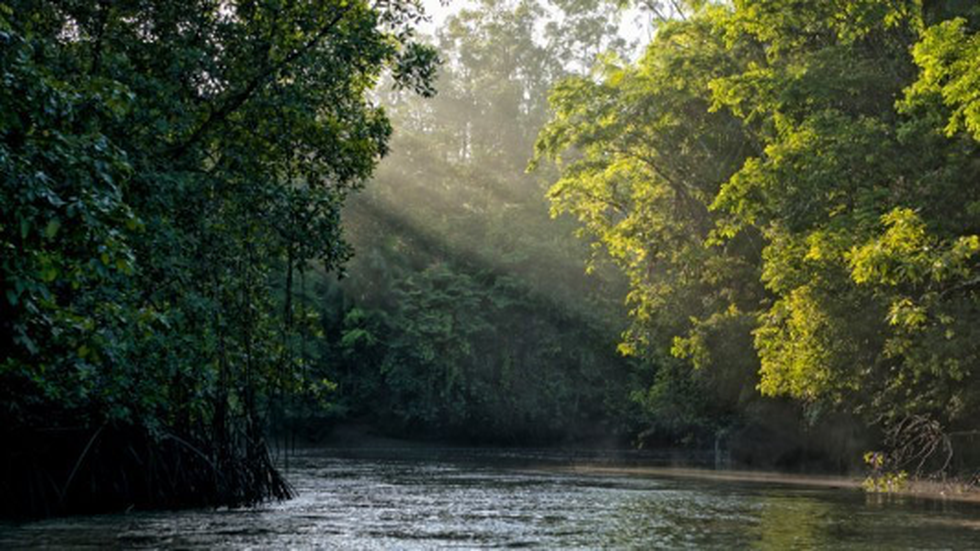About Biodiversity Heritage Sites (BHS):
- BHS are unique ecosystems having rich biodiversity comprising of any one or more of the following components:
- Richness of wild as well as domesticated species or intra-specific categories.
- High endemism.
- Presence of rare and threatened species, keystone species, and species of evolutionary significance.
- Wild ancestors of domestic/cultivated species or their varieties.
- Past pre-eminence of biological components represented by fossil beds and having significant cultural, ethical or aesthetic values and are important for the maintenance of cultural diversity, with or without a long history of human association with them.
- Under Section-37 of the Biological Diversity Act, 2002, the State Government, in consultation with local bodies, may notify areas of biodiversity importance as BHS.
- The State Government, in consultation with the Central Government, may frame rules for the management and conservation of BHS.
- The creation of BHS may not put any restriction on the prevailing practices and usages of the local communities other than those voluntarily decided by them.
- The purpose of declaring BHS is to enhance the quality of life of the local communities through the conservation of such sites.
- In 2007, the Nallur Tamarind Grove in Bengaluru, Karnataka, was designated as India's first BHS.
Key facts about Biological Diversity Act, 2002:
- It is an Act of the Parliament of India for the preservation of biological diversity in India and provides a mechanism for the equitable sharing of benefits arising out of the use of traditional biological resources and knowledge.
- It was enacted to meet the obligations under the Convention on Biological Diversity (CBD), as India is a party to it.
- Key Provisions:
- The Act defines, Biological resources as “plants, animals and micro-organismsor parts thereof, their genetic material and by-products (excluding value added products) with actual or potential use or value, but does not include human genetic material.”
- The Act provides measures for safeguarding traditional knowledge and practices, preservation of rare and threatened species and prevention of bio-piracy.
- Under the Act, the National Biodiversity Authority (NBA) has been formed and is headquartered in Chennai. State Biodiversity Boards (SBBs) also have been formed in all Indian states.
- The Act mentions that every local body shall constitute a Biodiversity Management Committee within its area for the purpose of promoting conservation, sustainable use and documentation of biological diversity.
